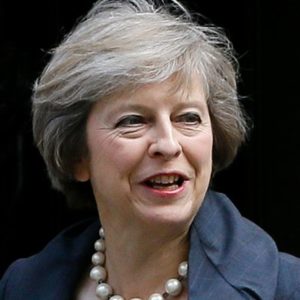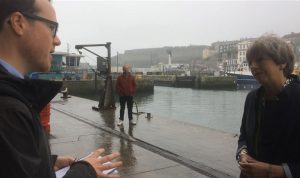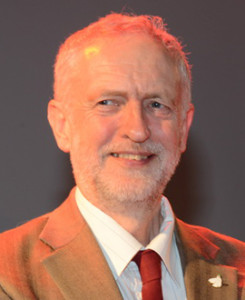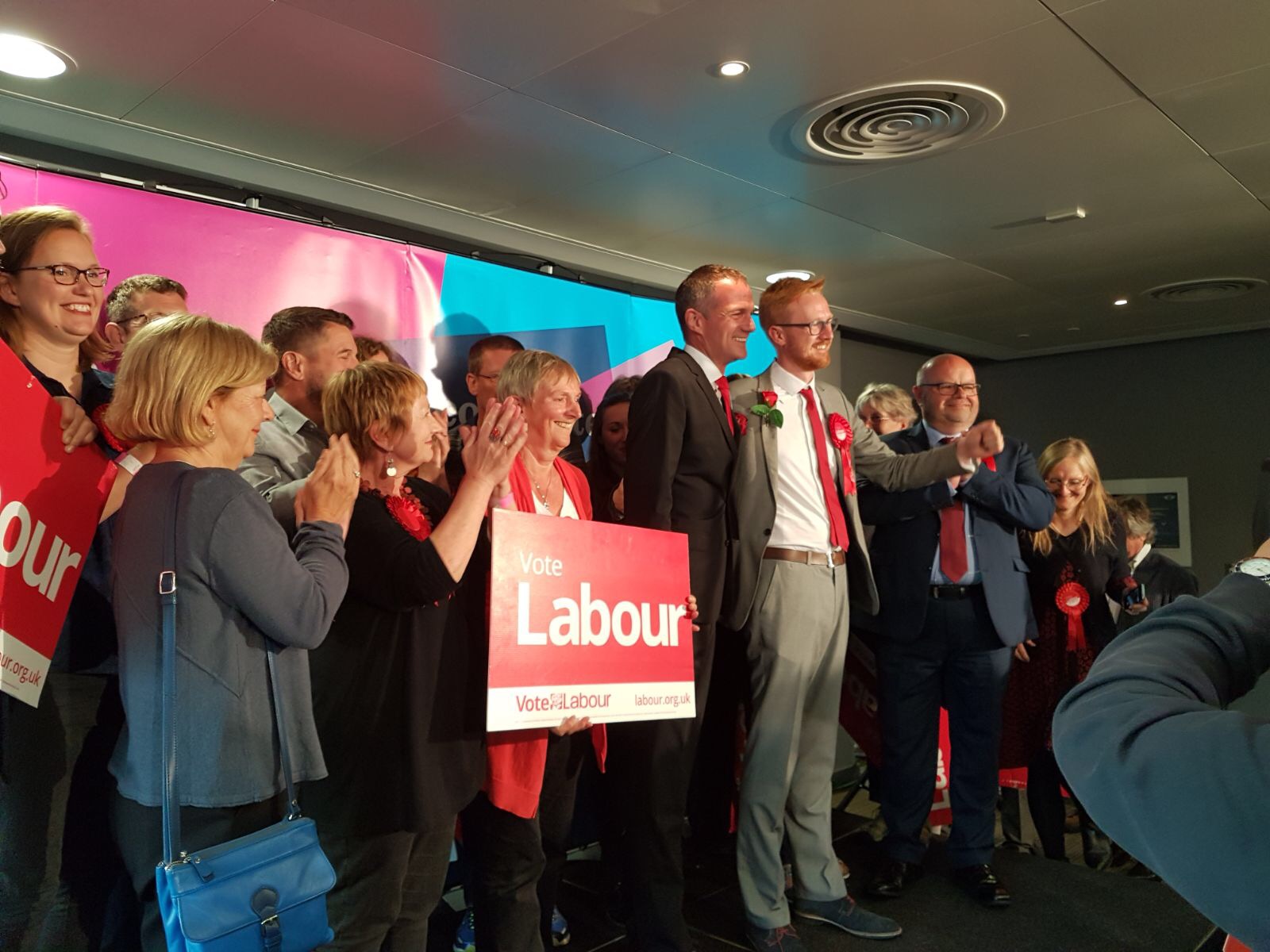The voters of Brighton and Hove turned out in their thousands in response to Theresa May’s decision to call a snap general election.
In fact 164,490 votes were cast across the three constituencies – Brighton Kemptown, Brighton Pavilion and Hove. Turnout is believed to have been up among students and young people.
In Brighton Kemptown an impressive 28,703 backed the Labour candidate Lloyd Russell-Moyle enabling him to take the previously marginal seat from Conservative Treasury Minister Simon Kirby with a majority of almost 10,000.
Peter Kyle consolidated his position in marginal Hove – a top target for the Tories. He polled an astonishing 36,942 votes, giving him a majority of 18,757.
The results in Brighton Kemptown and Hove, along with Tory losses outweighing gains elsewhere, have left Britain with a hung parliament – that is, no party has an overall majority.
The Conservatives remain the largest party, with Mrs May determined to form a government.
After criticising the prospect of a coalition of chaos, she looks like having to form a coalition herself, if she wants the chance to stay in government. A deal with the Democratic Unionist Party is likely. The party, rooted in Ulster, has 10 seats.
Earlier today Mrs May said that she was sorry for all those colleagues who had lost their seats and added that she would reflect on what had happened.
Her tone was in contrast to the way she announced the election seven weeks ago when she said: “Division in Westminster will risk our ability to make a success of Brexit.”
A general election was “the only way to guarantee certainty and stability” and end the “political game playing”.
She wanted a bigger working majority to give her a clear mandate during the Brexit negotiations and said: “The decision facing the country will be all about leadership.
“It will be a choice between strong and stable leadership in the national interest … or weak and unstable coalition government.
“Let us remove the risk of uncertainty and instability.”
Instead there is expected to be much more political game playing, uncertainty and instability and possibly even a Conservative leadership contest in the months ahead or another general election.
It all starts – formally – on Tuesday (13 June) when the House of Commons meets and MPs elect their Speaker and swear the oath of office.
Six days later on Monday 19 June the state opening of Parliament is scheduled to take place with the new government due to set out its programme in the Queen’s speech. And the Brexit talks are due to begin.
What went wrong for Mrs May?
When she called the election she said: “Let us put forward our plans for Brexit … and let the people decide.”
But opponents have said that she keeps refusing to put forward any firm plans for Brexit other than vague platitudes and a demand to trust her with the details.

Her argument is that to reveal the details would weaken her negotiating position while opponents say that it’s a necessary pre-condition of any negotiation to say what you actually want from it.
Those who oppose Brexit, as Britain’s exit from the European Union is known, hope the election result might persuade Mrs May to modify her stance and take on board some of their concerns.
But her judgment, and that of her advisers, is now in question. During the election campaign, they made a number of unforced errors.
The climbdown over the cost of social care was probably the most damaging. Opponents derided it as a dementia tax.
It didn’t help that she tried to present her revised position as a clarification of what the party had promised in its manifesto.
The high cost of social care for the elderly is a difficult issue which none of the main parties has yet been able to resolve.
Mrs May again effectively asked voters to trust her with the detail – likened by opponents to giving her a blank cheque which could cost people their home.
Sometimes it’s best to say sorry even if you’re right. Canny politicians can be quick to tell voters: “We listened to what you said. That’s what we do in a democracy.”
And she could always have said that Labour also failed to tackle the cost of social care during 13 years in office as a way of showing just how hard it is. All this while emphasising her determination to grapple with such a thorny issue.
But people were left worried. She seemed unable to offer hope. Instead her challengers began saying that far from looking strong and stable, she seemed weak and wobbly.
Then she snubbed the televised leaders’ debate – in effect snubbing voters – and sent Home Secretary Amber Rudd along in her place. It smacked of cowardice,
You don’t call an election then duck the debate.
If nothing else, it gave every other party leader a chance – one after another – to criticise her for a lack of leadership.
The Greens’ joint leader and Brighton Pavilion MP Caroline Lucas said: “The first rule of leadership is to show up.
“You don’t call an election and say it’s the most important election in her lifetime and then not even be bothered to come and debate the issues at stake.”
It was an open goal too for the Liberal Democrat leader Tim Farron who mocked Mrs May’s absence to much laughter and wondered whether she was at home watching Bake Off.
He added: “The Prime Minister is not here tonight. She can’t be bothered. So why should you! You are not worth Theresa May’s time. Don’t give her yours.”

When Mrs May did speak, it was usually to supporters. The entourage around her appeared to keep the public at arms’ length in a presidential-style campaign.
Posters and leaflets talked about “Theresa May’s team” in big print and carried the party’s name in smaller type.
And in a vain attempt to stay focused on and disciplined about the key messages of the campaign, she further failed to engage on a human level with voters.
She stuck to a few stock phrases and came across as wooden or robotic and unable to think on her feet.
People even started to laugh every time she said “strong and stable” – never a good sign. And the tedious repetition of phrases such as “let me be clear” made clear only a lack of thought, dynamism and flexibility.
She said so little of substance to local newspaper reporter Sam Blackledge that he reproduced her interview in full to show how vacuous modern political communication can be.
All this and more tarnished a Prime Minister who looked unassailable just seven weeks ago when the key question was around the size of her landslide majority.
Under David Cameron, the party won 331 seats two years ago, giving the Tories their first majority since 1992.
Under Theresa May, the party won 318 seats – eight short of a majority. Labour, with 261 seats, is up from 232 last time – its first net gain for 20 years.

One Labour member described the result as the worst of both worlds. Jeremy Corbyn had increased Labour’s presence in the Commons – despite being widely vilified – but it was still a defeat.
Aspects of his manifesto caught the popular mood even if some critics questioned the costings and their effect on the economy. At least Labour provided costings, unlike the Conservatives.
A leadership challenge looks unlikely, especially as Labour waits to see whether a weak and wobbly Theresa May is presiding over a coalition of chaos.
Few relish another general election and there may be no need. But with Mr Corbyn having galvanised millions of young people to register and vote, and having had a reasonably impressive campaign, he’s almost certainly safe for now.
Mrs May wanted unity, stability and certainty. The only certainties, though, are a more fractious House of Commons, the prospect of instability should her coalition collapse and a period of greater uncertainty.
It was widely seen as an unnecessary election – a gamble that failed. When Ted Heath was Prime Minister he went to the country asking: “Who governs?” The answer wasn’t him.
If Mrs May remains in charge – as she almost certainly will for the immediate future – she will have to cut deals and work harder to build a consensus.
She has her work cut out if she is to rebuild her authority and lead the Brexit talks starting in 10 days’ time.











We are stuck with a weak and wooden PM leading us into the most difficult situation the UK has found itself since WW2. May is a laughing stock and the EU negotiators will take her apart. May is a lame duck PM.
May, concerned only with her own position, has gone on blended knee to the DUP. The DUP are a homophobic, UVF terrorist linked Christian fundamentalist party and an insult to the UK. Never has politics been so low in this country.
The Mail, Express, Sun etc that backed May to the hilt with the most disgraceful campaign in the history of British politics have deserted her. It is only a matter of time that the incompetent May is thrown out by her own party and that the conservatives descend once more into civil war and chaos.
We must make sure that we take every opportunity to vote out the Conservatives, from local and national political life. They are an extreme party with little combined talent. The Conservatives have seriously damaged our country.
“blended knee”? Interesting coining! She has certainly been kneecapped.
To: “A Person”, whereas your comment is full of your the expected Socialist views expected of a Brighton area person (I assume that is an acceptable asexual nomenclature for you ). But your last paragraph really demonstrates the how much of a bubble you are living in. “Conservatives an extreme party”, in US terms they are on a par with the Democrats in terms of policies ! But from your perspective of no doubt hard left, of course that position looks extreme to you ! The Conservatives have saved our country time and again from the ravages of Labor, most recently from the “do anything to be voted in” policies of Blair to the 70’s policies that nearly actually destroyed the country at the hands of the unions. You are clearly too young to have experienced what happened when Labor and the Unions are in charge, 3 day weeks, doing homework by candle, riding bike 10 miles to school ( sorry I was smart enough to attend Manchester Grammar ) because either the trains or buses were on strike. Or when I left school and looked for a job, and there were NONE. But you know what, maybe Corbyn should be given a “chance”, everything will collapse economy/pound/property prices/NHS & social services will be unfunded because the economy will collapse….actually that would be great for me personally I could snap up properties at a song and after 5 years there would be a huge backlash and we can forget this nonsense for another generation. Or…we can avoid the pain and you can grow up !